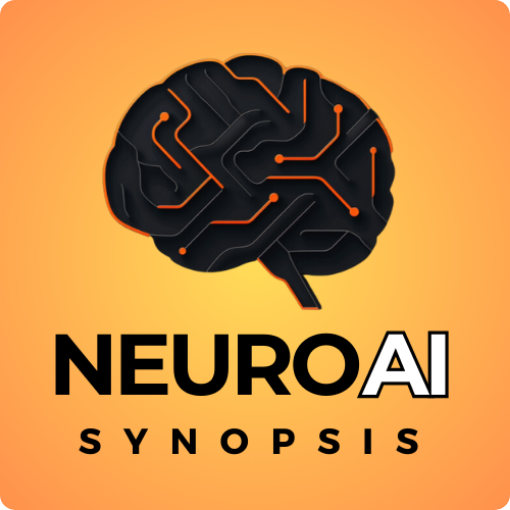Ethics of AI in Cognitive Neuroscience: Navigating Complex Challenges
Explore the ethical challenges of AI in cognitive neuroscience, including data privacy, algorithmic bias, and informed consent. Learn about ethical guidelines and future directions for responsible AI use in brain research.
The integration of Artificial Intelligence (AI) in cognitive neuroscience brings forth complex ethical challenges, including data privacy, algorithmic bias, and informed consent. This post explores these ethical issues, highlighting the need for responsible AI use in brain research. By examining ethical guidelines and future directions, we delve into the importance of transparency, fairness, and accountability in AI applications. Discover how navigating these ethical challenges is crucial for the responsible advancement of AI in cognitive neuroscience.
The integration of Artificial Intelligence (AI) in cognitive neuroscience has led to significant advancements in understanding brain function and developing innovative applications. However, these advancements bring forth complex ethical challenges that must be addressed to ensure responsible AI use. This post explores the ethical issues in AI-driven cognitive neuroscience, highlighting the importance of transparency, fairness, and accountability.
One of the primary ethical challenges in AI-driven cognitive neuroscience is data privacy. Neuroimaging and other neural data are highly sensitive and personal, raising concerns about data security and consent. Ensuring that data collection, storage, and analysis processes protect individuals' privacy is crucial for building trust and maintaining ethical standards. Implementing robust data protection measures and obtaining informed consent are essential steps in addressing these concerns.
Algorithmic bias is another significant ethical issue. AI algorithms are trained on large datasets, which may contain biases that can affect the outcomes and perpetuate existing inequalities. In cognitive neuroscience, biased algorithms can lead to inaccurate interpretations of neural data and unfair treatment of certain populations. Ensuring that AI models are trained on diverse and representative datasets and implementing fairness checks are crucial for mitigating algorithmic bias.
Transparency and explainability in AI systems are vital for ethical AI use. Understanding how AI algorithms make decisions is essential for researchers, clinicians, and patients to trust and effectively use AI applications. Developing explainable AI (XAI) techniques that provide insights into the decision-making processes of AI models can enhance transparency and accountability.
Ethical guidelines and frameworks are necessary to navigate these challenges and ensure responsible AI use in cognitive neuroscience. Engaging stakeholders, including researchers, clinicians, patients, and policymakers, in developing these guidelines is crucial for addressing ethical concerns and building trust. These guidelines should emphasize data privacy, algorithmic fairness, transparency, and accountability, providing a comprehensive approach to ethical AI use.
Future research in AI ethics focuses on developing techniques to enhance transparency, mitigate bias, and ensure data privacy. Advancements in explainable AI (XAI) aim to make AI models more interpretable and trustworthy. Collaborative efforts among interdisciplinary teams can lead to the development of robust ethical guidelines and frameworks that address the complex challenges of AI in cognitive neuroscience.
The ethical challenges of AI in cognitive neuroscience are multifaceted and require careful consideration. Addressing data privacy, algorithmic bias, and transparency issues is crucial for responsible AI use in brain research. By developing comprehensive ethical guidelines and fostering interdisciplinary collaboration, we can navigate these challenges and ensure that AI advancements benefit society while maintaining ethical standards.
Please log in to read the full post and explore these important discussions in detail.

